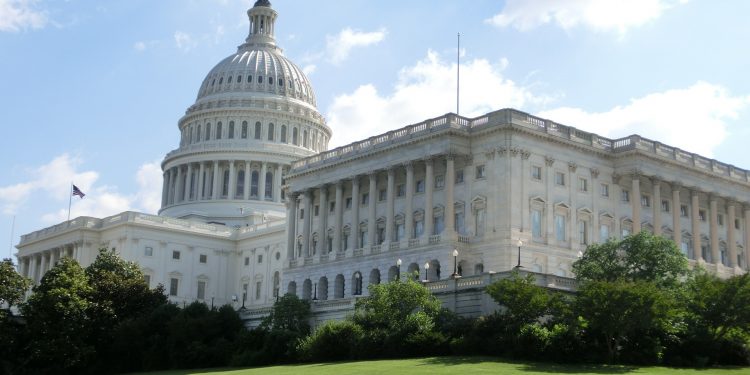The incoming U.S. Senate will have its first-ever subcommittee on digital assets, chaired by longtime bitcoin advocate Cynitha Lummis (R-Wyo.). This will complement the Financial Services Subcommittee on Digital Assets, Financial Technology, and Artificial Intelligence, which will be chaired in the new Congress by Bryan Steil (R-Wisc.). Both incoming chairs have a strong history of support for cryptocurrency.
Senator Lummis is most noted for her bill proposing a federal bitcoin reserve. The Boosting Innovation, Technology and Competitiveness through Optimized Investment (BITCOIN) Act, which she introduced last summer, would require the government to purchase one million bitcoin over a five-year period, amounting to roughly a $95 billion investment at current prices.
The reserve would not be funded by taxpayer money but would instead use existing funds held by the Federal Reserve and the Treasury. Lummis has suggested selling off the government’s gold reserves to fund the project.
Lummis was also a co-sponsor of the Virtual Currency Tax Fairness Act, which excludes small gains or losses from sales of virtual currency from a taxpayer’s gross income. She also co-founded, along with departing Senator Kyrsten Sinema (I-Ariz.), the Senate’s Financial Innovation Caucus.
The House Counterpart
Steil has also been instrumental in the advancement of crypto, particularly in last year’s passage of FIT21, which would designate the Commodity Futures Trading Commission (CFTC) as the leading regulator of digital assets in the U.S. It would also establish consumer protections for the U.S. crypto markets by mandating comprehensive disclosure requirements for digital asset issuers. Although the bill was passed by the House, it never came up for a vote in the Senate.
Steil has also fought to roll back SAB 121, the proposed SEC legislation that would require companies holding customers’ cryptocurrencies to record them on their balance sheets.
After the collapse of the crypto brokerage FTX, Steil suggested that the U.S. should be more hospitable to crypto operations, allowing for greater oversight of their operations.
“We have a large number of crypto companies that have chosen to domicile outside the United States,” Steil said during congressional hearings. “A lack of a regulatory framework inside the United States is moving people to be offshore, and when they’re offshore, a fraud like this occurs, to the detriment of Americans who have placed their money in trust of a company like FTX.”
Some analysts of the crypto industry see rapid changes ahead from these subcommittees. “There’s been a significant shift underway from how things were done before and how they’re going to be done moving forward,” said Joel Hugentobler, Cryptocurrency Analyst at Javelin Strategy & Research. “In a digital economy, things need to move much faster and more transparently. Lummis is looking to position the U.S. as the leader in the digital economy and digital asset industry. I think this is just the beginning of what’s to unfold over the next four years in favor of this industry.”










